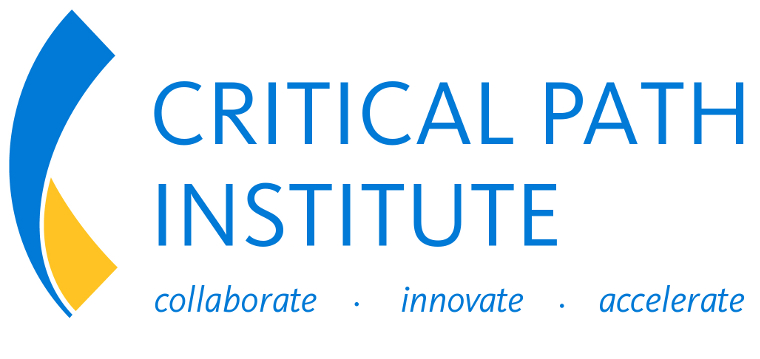The US Food and Drug Administration (FDA) has awarded Critical Path Institute (C-Path) three grants to develop data standards, as well as a contract to continue its research into drug-induced kidney injury. With these awards, the FDA continues to support C‑Path’s efforts to advance translational research toward accelerating drug development and regulatory review.

With funding from the FDA grants, C-Path will collaborate with the Clinical Data Interchange Standards Consortium (CDISC) to develop data standards for HIV treatment, Clostridium difficile-associated diarrhea (CDAD), and Improved Data Standards for Animal Efficacy Studies and Natural History Studies for Animal Rule, which is centered around the CDISC SEND standard. Working together as part of the Coalition for Accelerating Standards and Therapies (CFAST), C-Path, CDISC, NCI-EVS, and TransCelerate BioPharma, Inc., have developed 23 CDISC therapeutic area data standards to date. CFAST was co-founded by C-Path and CDISC in 2012 and formed to accelerate clinical research and medical product development by creating and maintaining data standards, tools, and methods for conducting research in therapeutic areas that are important to public health.
C-Path’s Predictive Safety Testing Consortium (PSTC) was awarded an FDA contract to continue its work with the Foundation for the National Institutes of Health (FNIH) to obtain regulatory endorsement (qualification) of several kidney safety biomarkers for use in drug development.
“We are gratified by the FDA’s ongoing confidence in the C-Path model, its acknowledgement of the results C-Path has achieved, and its recognition of C-Path’s stewardship role in the regulatory science arena and in our collaboration with FNIH’s Biomarkers Consortium,” says C-Path’s President and CEO Martha Brumfield.
C-Path’s 12 consortia have accomplished a number of the goals laid out in the FDA’s 2004 Critical Path Initiative report, which identified the need for public-private partnerships that could collaborate to address translational science gaps. C-Path has received 10 letters of support for biomarkers from the FDA and the European Medicines Agency (EMA), to encourage their use in research and clinical trials for treatment of conditions such as Parkinson’s disease (PD), Alzheimer’s disease (AD), skeletal muscle injury, and kidney injury. C-Path has achieved biomarker qualifications for polycystic kidney disease (PKD) and kidney injury, as well as endorsement for a clinical trial simulation tool in the areas of AD. In 2015, the EMA rendered a positive qualification opinion on C-Path’s Hollow Fiber System for Tuberculosis (HFS-TB) tool. In addition, C-Path’s Data Collaboration Center oversees the curation and administration of extensive trial databases for PKD, multiple sclerosis, TB, Duchenne Muscular Dystrophy, PD, and AD.
About C-Path
Critical Path Institute (C-Path) is an independent, nonprofit organization established in 2005 with public and private philanthropic support from the Arizona community, Science Foundation Arizona, and the US Food and Drug Administration (FDA). C-Path’s mission is to catalyze the development of new approaches that advance medical innovation and regulatory science, accelerating the path to a healthier world. An international leader in forming collaborations, C-Path has established 12 global, public-private partnerships that currently include over 1,450 scientists from government and regulatory agencies, academia, patient advocacy organizations, and dozens of major pharmaceutical companies. C-Path is headquartered in Tucson, Arizona.
For more information, visit http://www.c-path.org.
